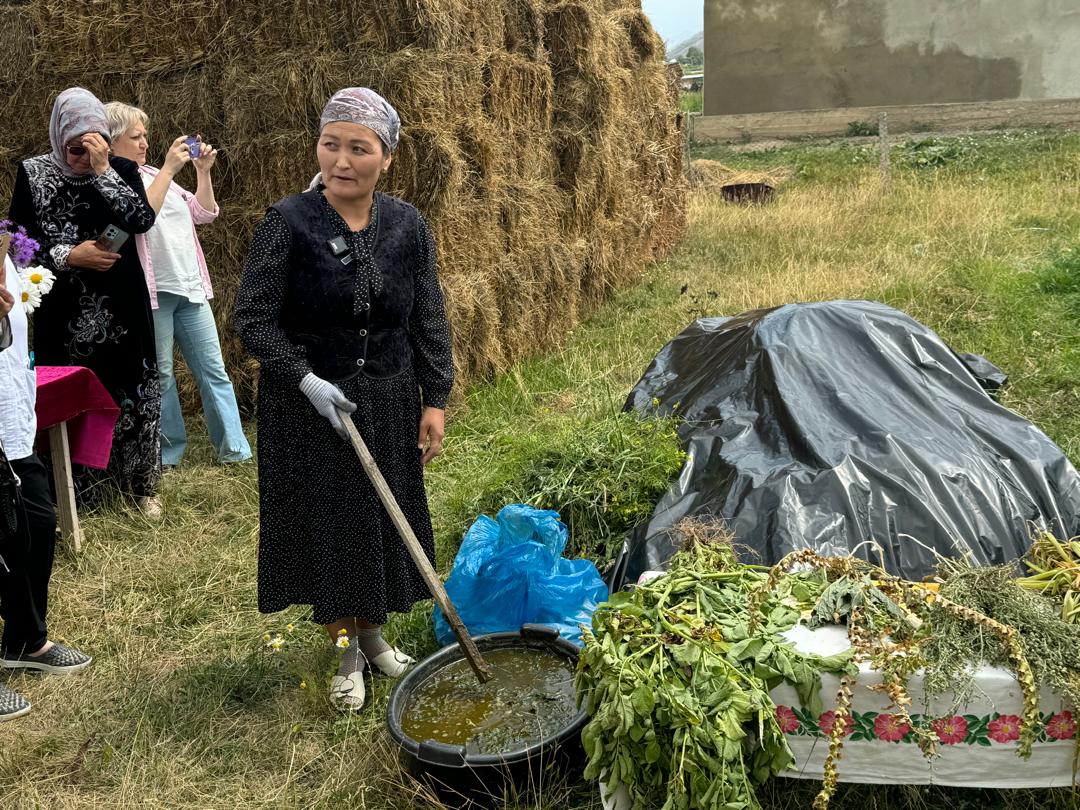
The project “Organic aimag” has been successfully implemented in Talas and Naryn oblasts of Kyrgyzstan for several years. The Bio-KG Foundation has been promoting organic agriculture in Kyrgyzstan since 2012.
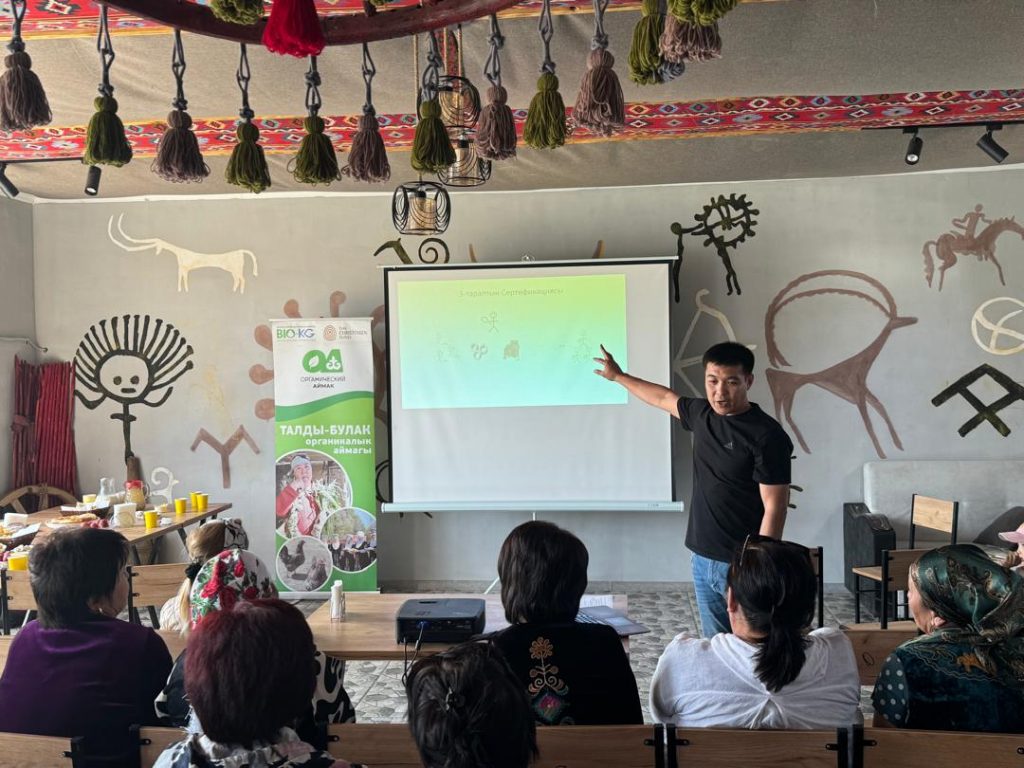
At the moment there are more than 800 certified farms in 22 villages of the country, whose farmers have received qualification training on soil treatment and organic farming. It should be noted that the project has established a supervisory board, which issues each farmer a certificate for one year on the cleanliness of his land plot.
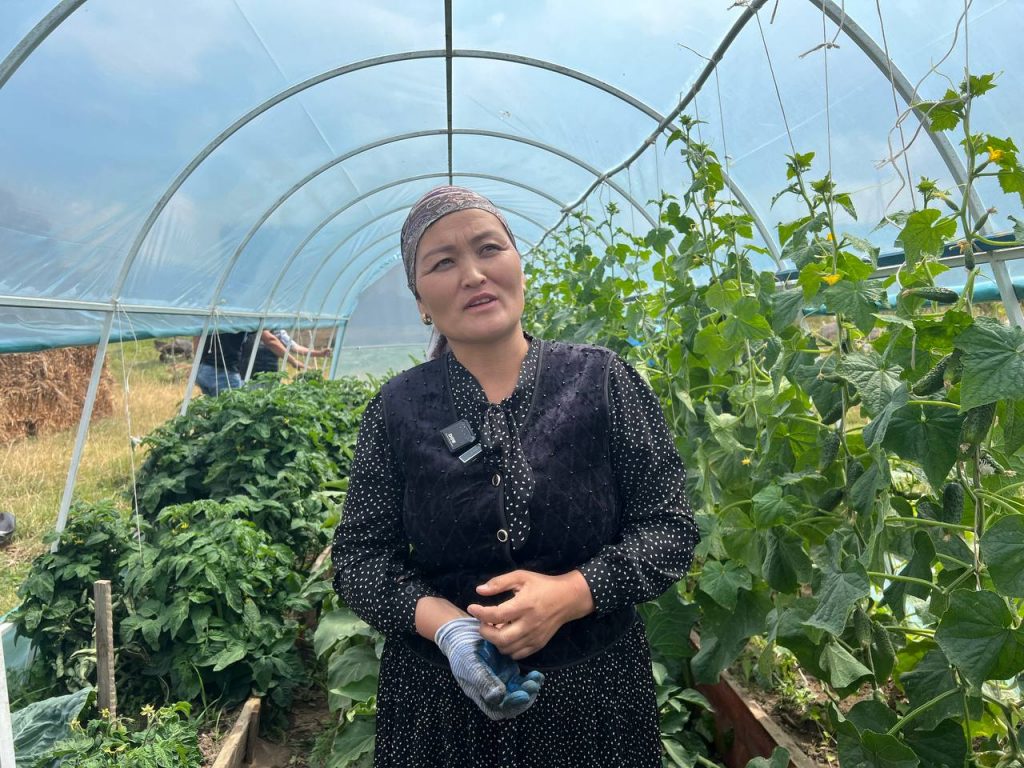
Recently, a seminar on the development of tourism industry in the region using the model of organic development was held in Talas district. The Organic aimag project is being implemented in Kopuro-Bazar and Taldy-Bulak aimags of Talas district.
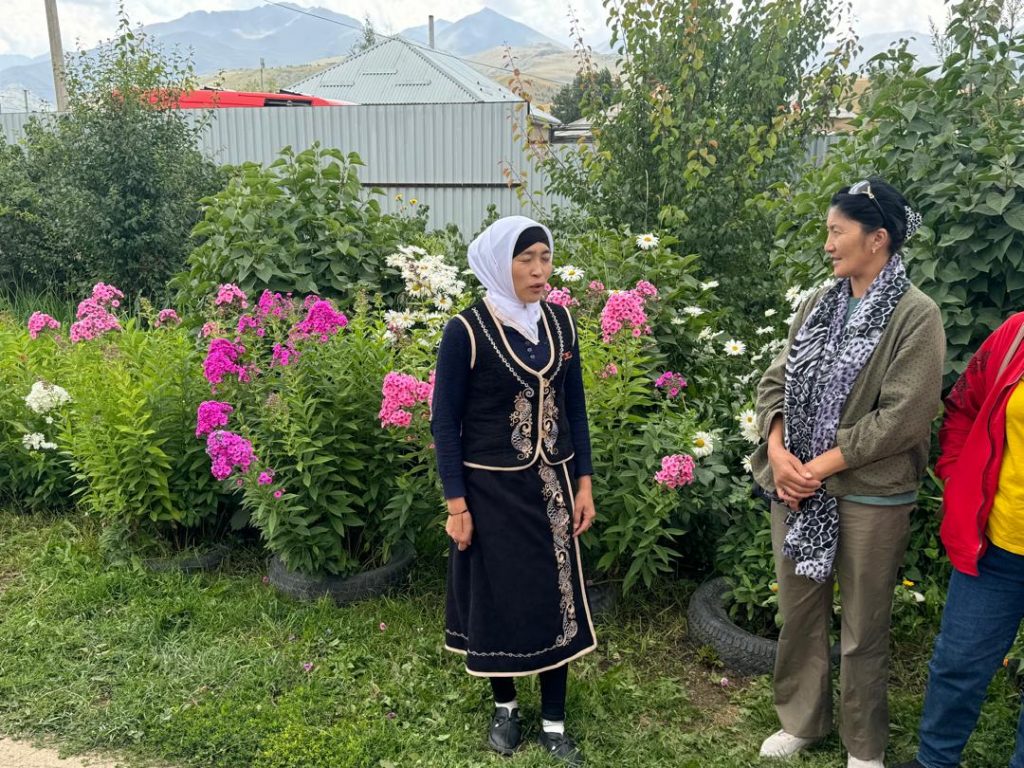
Iskender Aidaraliev, Director of the Federation of Organic Movement Bio-KG in Kyrgyzstan, noted the possibility of integrated and sustainable development of the region.
In Kyrgyzstan, tourism is mainly understood as recreation on Lake Issyk-Kul, while Talas region occupies a special place in the tourism industry of the country, travelers can be attracted here by the brand of organic region and ecological products, said Aidaraliev.
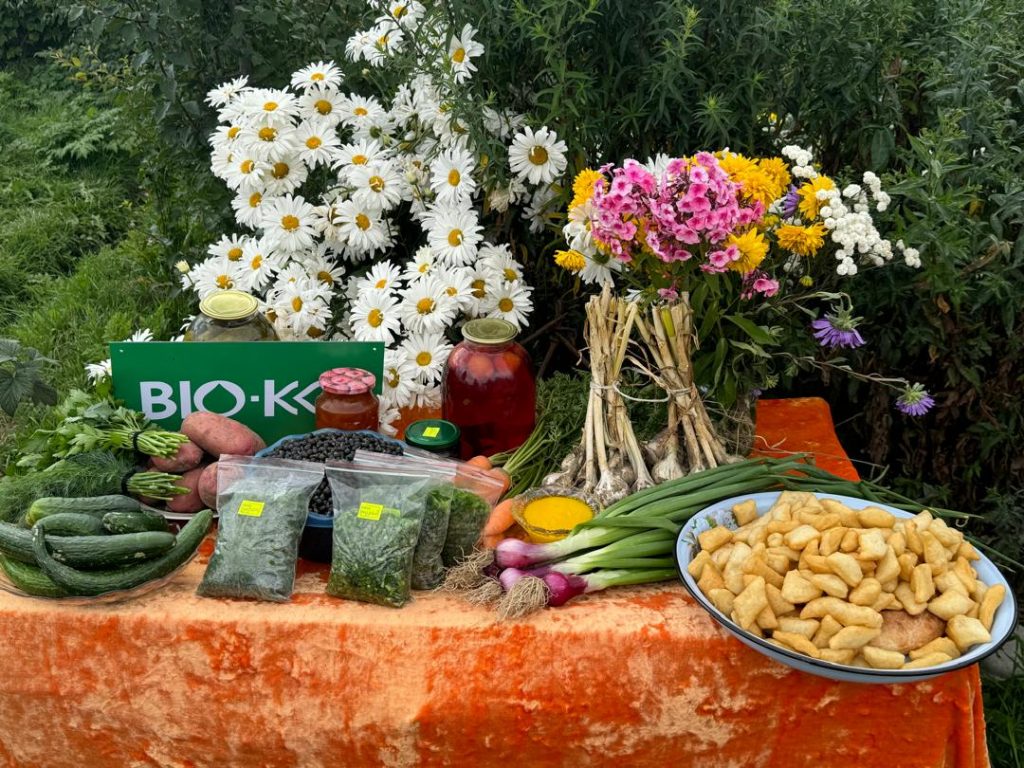
As you know, in recent years, the global market of organics and healthy food is growing dynamically. In almost all countries the consumption of organic products is increasing due to the spread of healthy lifestyles and increasing attention of people to their own health.
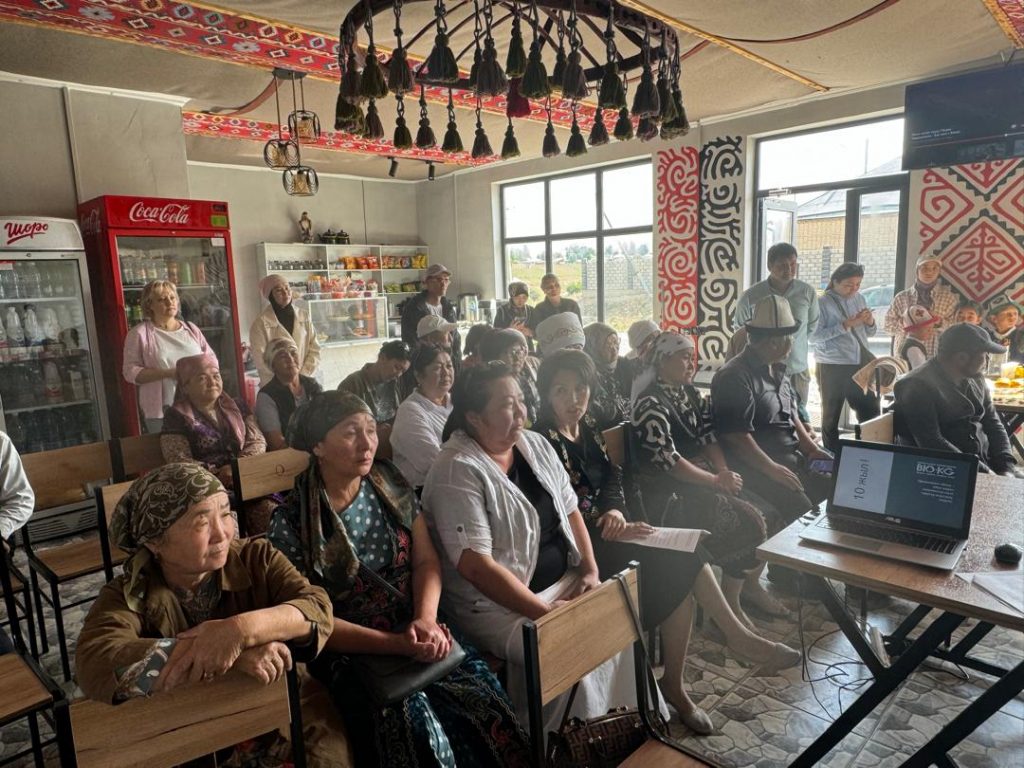
Mira Seidikerimova, Deputy Plenipotentiary Representative of the President in Talas Oblast, who took part in the seminar, said that she had visited a market and restaurant opened by compatriots in Moscow, which are ready to buy organic products from domestic farmers, as the Russian clientele is interested in receiving safe and healthy products from them.
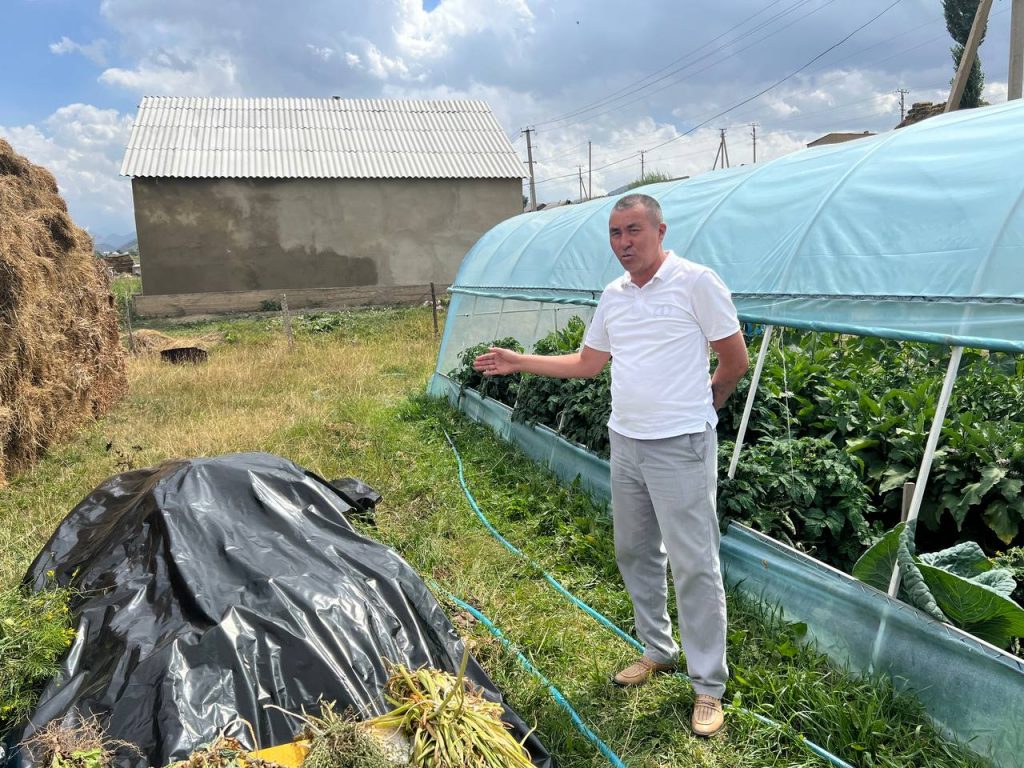
She also noted the importance of preserving the health of the young generation of Kyrgyzstanis. “Our children will have healthy genetics if we consume quality and healthy food,” she noted.
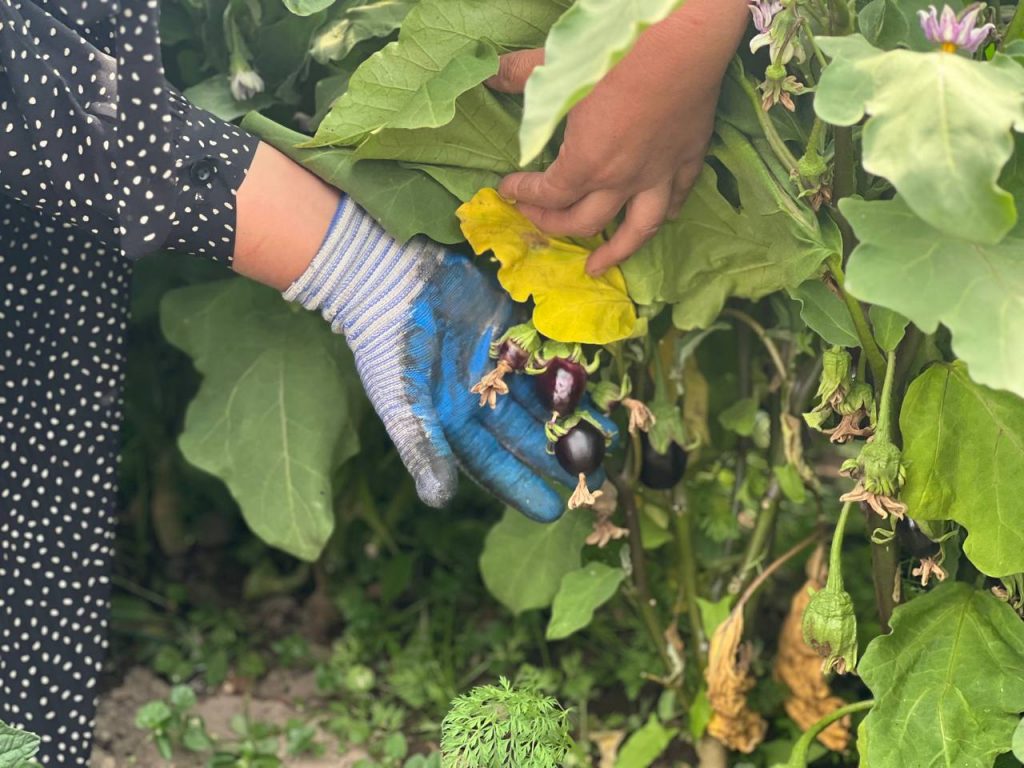
The workshop highlighted one of the strengths of organic farming – its development does not primarily require an order from the authorities, but the initiative of the local community. The rise of organic farming contributes to the social, environmental and economic success of the region, as well as to the promotion of traditional knowledge and culture.
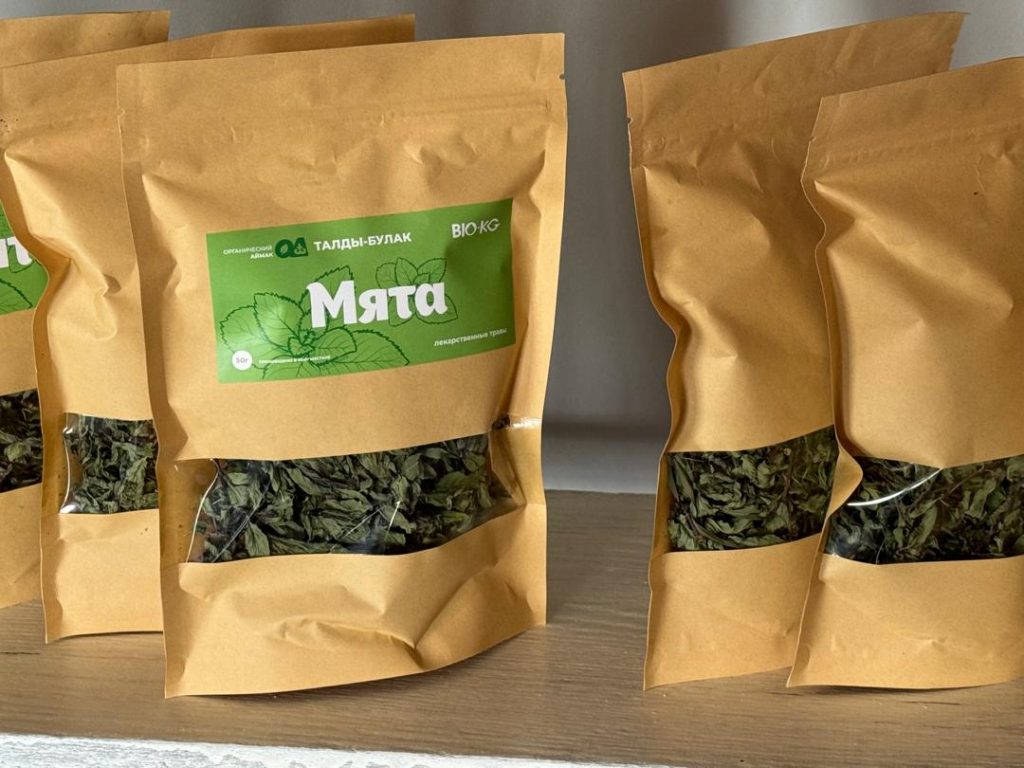
Cucumber does not ripen, coconut does not grow….
Talas district is known to be a high mountainous region where cattle breeding is the main type of economy. In terms of crops, due to the harsh mountain climate, only potatoes used to be grown here, other types of vegetables simply did not ripen without sufficient heat.
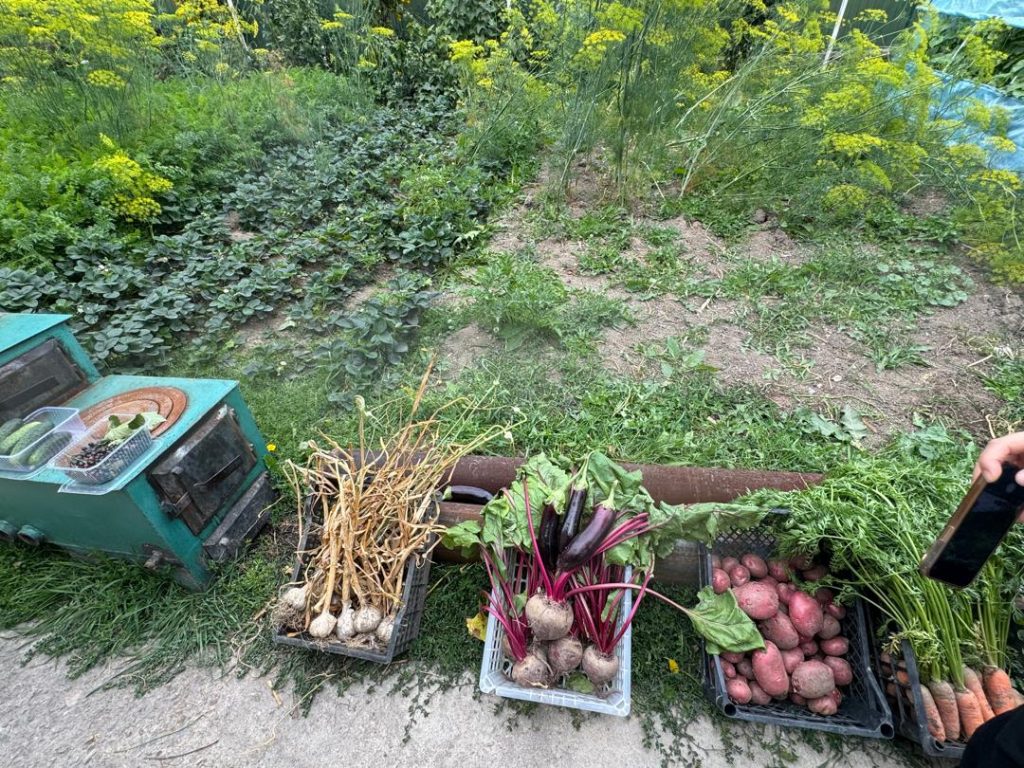
Now in Talas district there are more than 300 organic farmers who have received appropriate training. Many of them grow medicinal herbs: calendula, mint, valerian root.
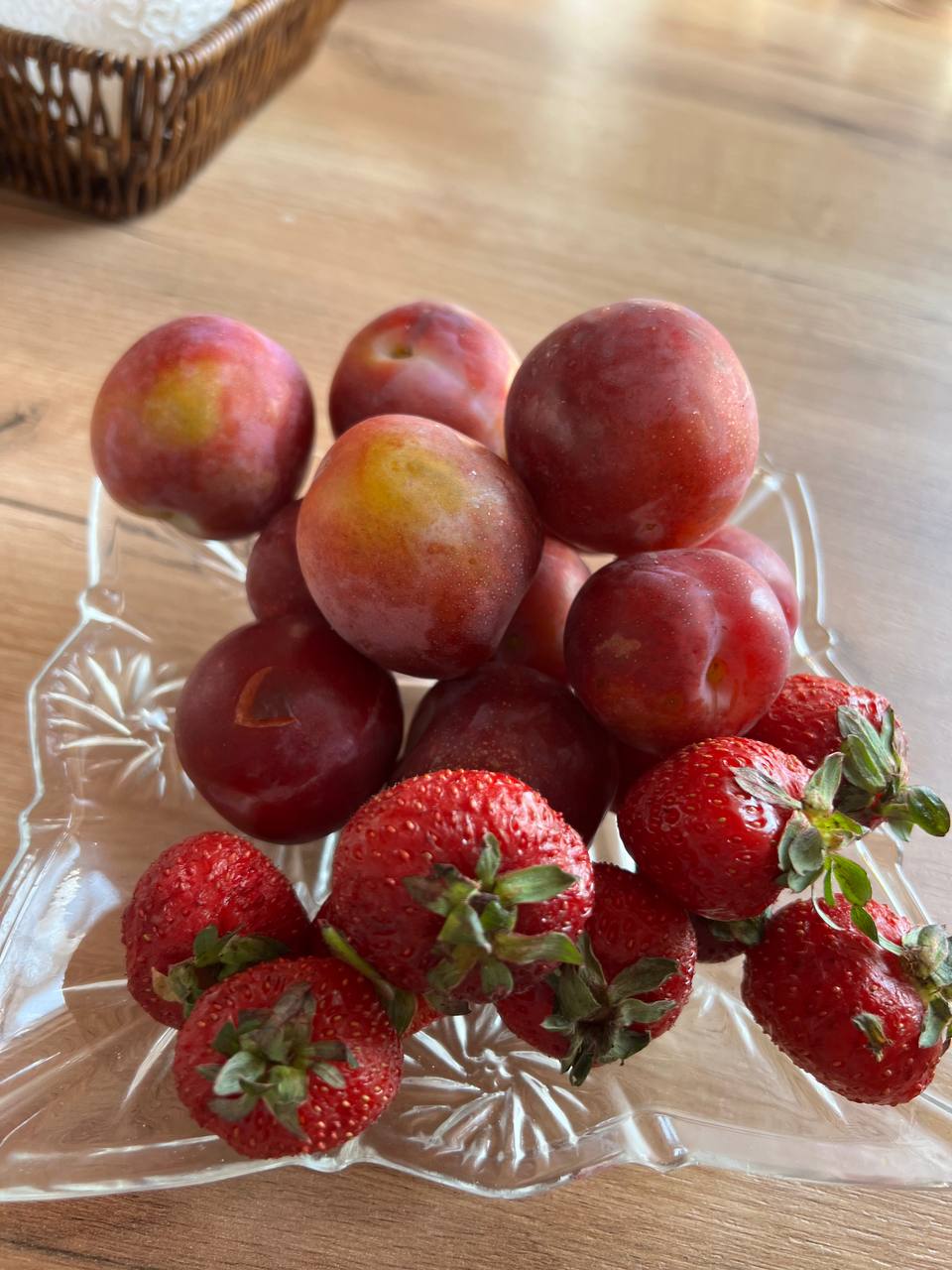
Also in Taldy-Bulak aiyl aimak 15 greenhouses have been built in the guest houses of local residents. Thanks to them they grow ecologically clean cucumbers, tomatoes and many other vegetables, which they treat tourists with.
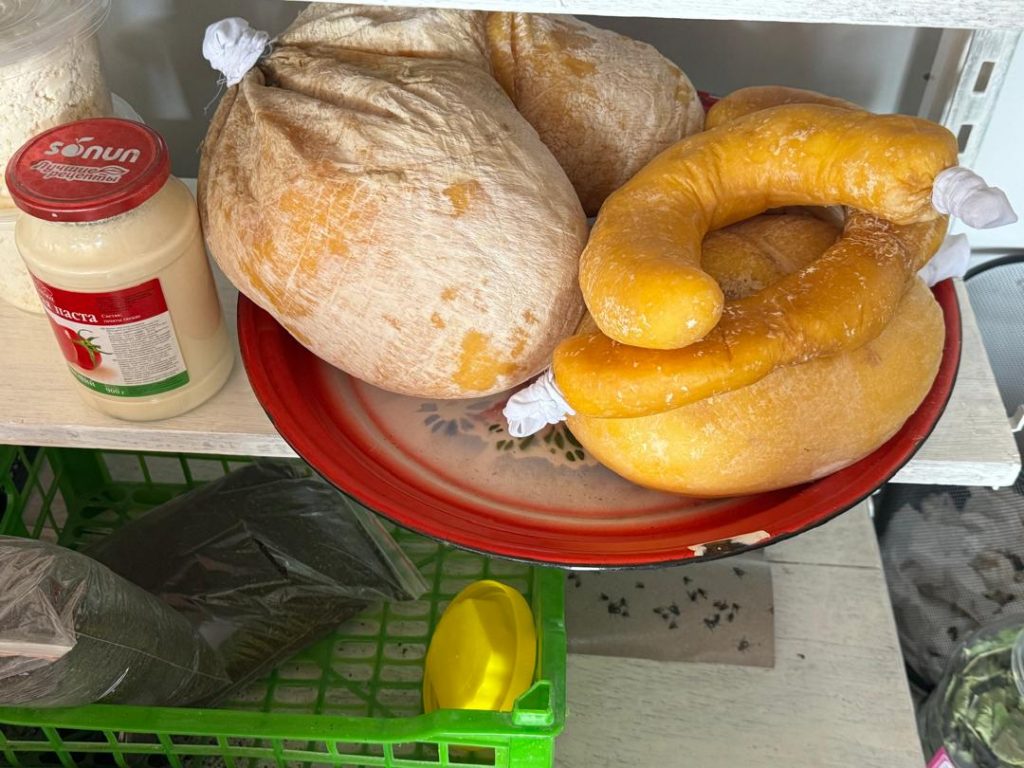
Growing tomatoes and cucumbers is a great joy here, Taldybulak residents note.
Gulsaira Alymkulova, a deputy of the ayil kenesh, has been involved in organic farming for 7 years, growing perennial herbs, parsley, dill, wild garlic, etc.
Cucumbers and strawberries never grew in Taldy-Bulak, she said, but now, with the help of greenhouses, everything can be grown. “The main thing is knowledge,” she said.
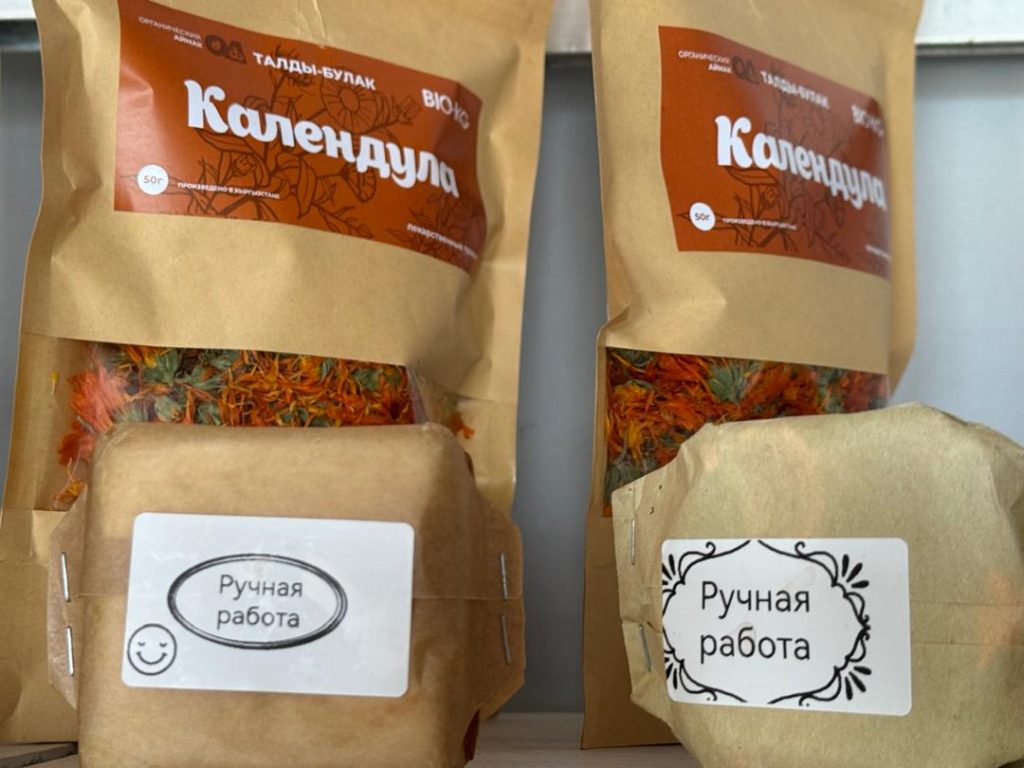
Social worker Saltanat Aimanbetova has been participating in the Organic Aimak project for the past 6 years. After a serious illness, doctors advised her not to buy food at the market, but to grow it herself. So she became interested in organic products and got involved in the project.
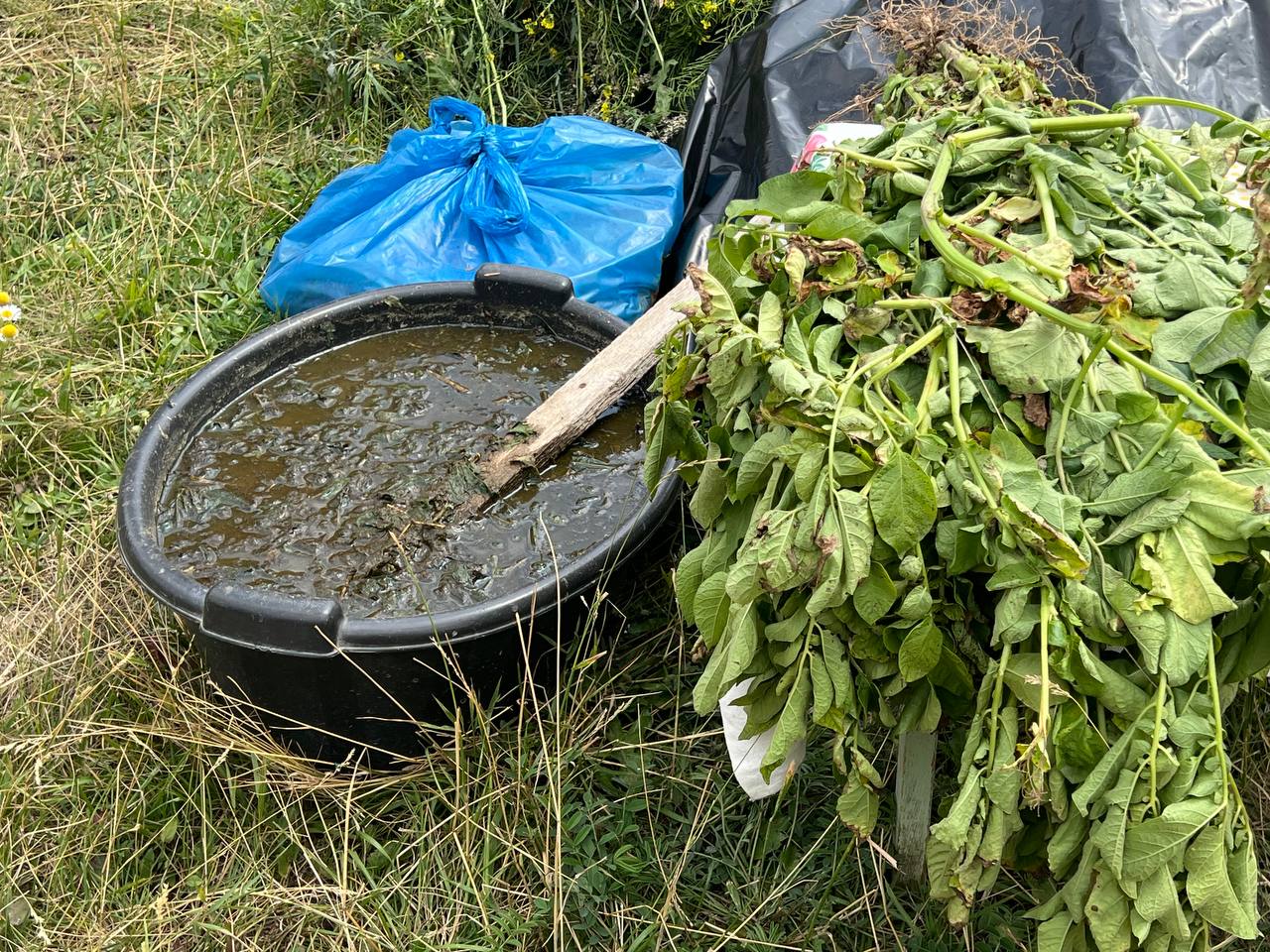
She makes her own organic fertilizers and pesticides.
“Nettle is the best organic fertilizer, which also boosts the immunity of plants. Once spring frosts beat all the seedlings, but the organic fertilizers helped save the crops,” she said.
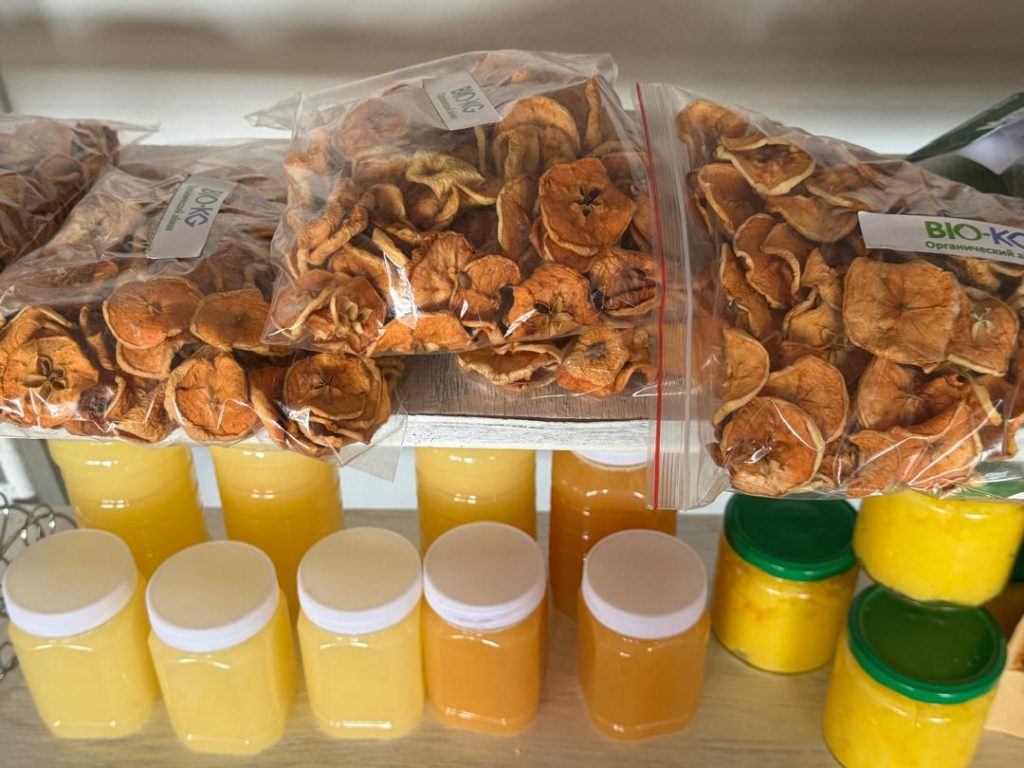
To control pests, Saltanat Aimanbetova uses natural pesticides, which she makes from onion husks and garlic haulm.
Stalbek Akmatov, a participant of the Organic aimag project, was the first to build a guest house in Taldy-Bulak village 6 years ago. Over the years, he has received many tourists from Africa, Korea, Russia, Germany and the USA. He showed by his example how one can successfully earn money from tourism.
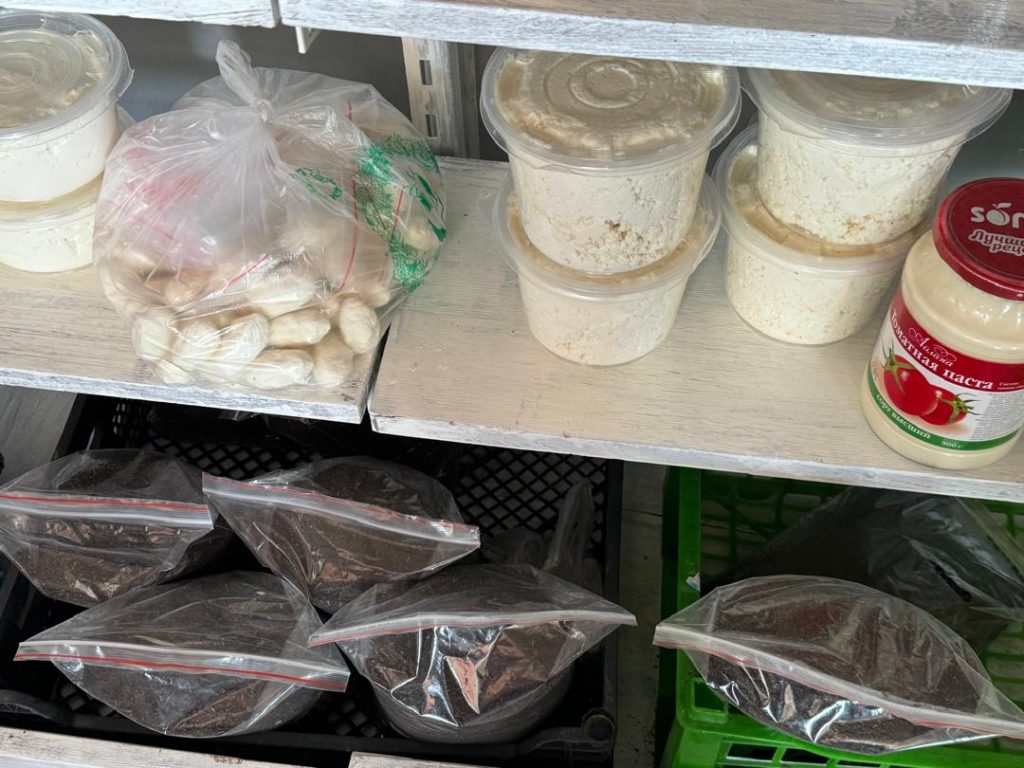
Talas – the birthplace of paper!
Zhuzur Ozubekov, head of the tourism center of Taldy-Bulak aiyl okmotu, intends to attract tourists with historical sights and beauties of nature.
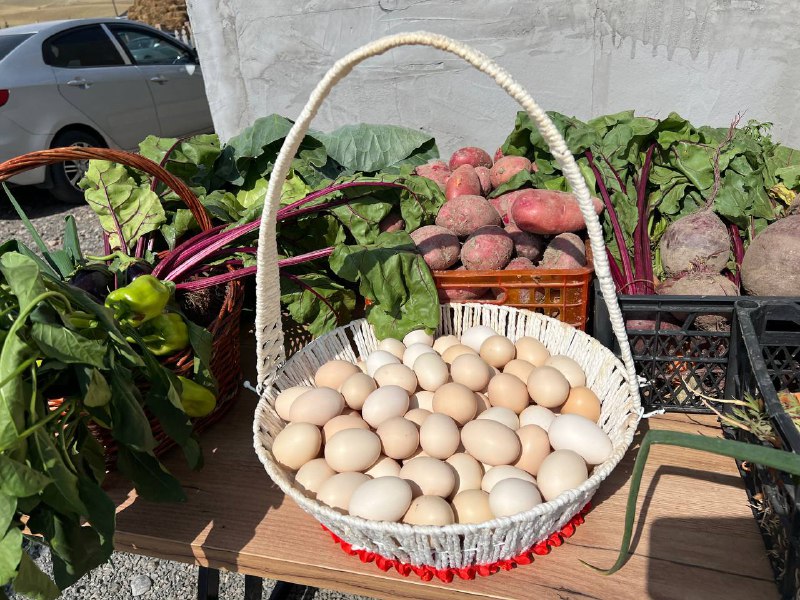
According to him, thanks to Talas, paper spread all over the world. In this area in July 751, the famous Battle of Atlakh between the Chinese and Arabs for control of Central Asia took place. The Chinese lost, and many artisans and craftsmen, including those skilled in paper production, were taken captive. Before that the technology of paper production was kept secret, but after the battle the secret of its production spread all over the world and thus Talas can be jokingly called “the birthplace of paper”.
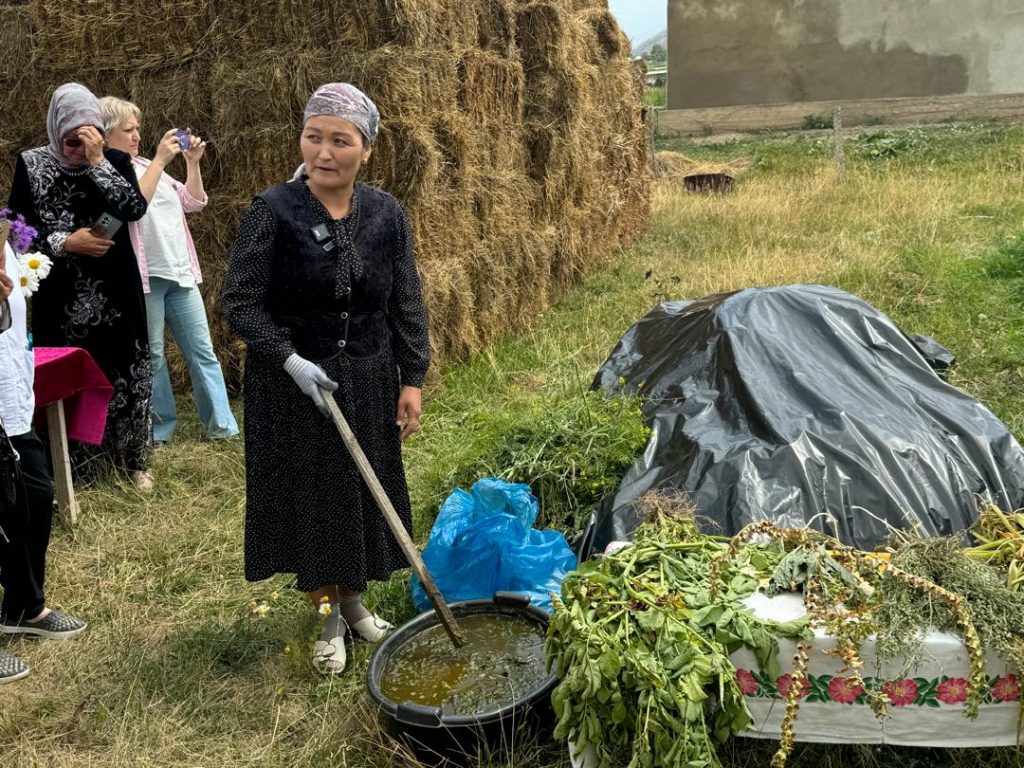
Zhuzur Ozubekov, with the help of Koreans, began to implement a project to make organic paper from horse manure and straw. The Koreans were interested because the general who commanded the Chinese troops at the Battle of Atlakh was of Korean descent. However, the project was put on hold a few years ago due to the coronavirus pandemic, but now there is hope to restart it.
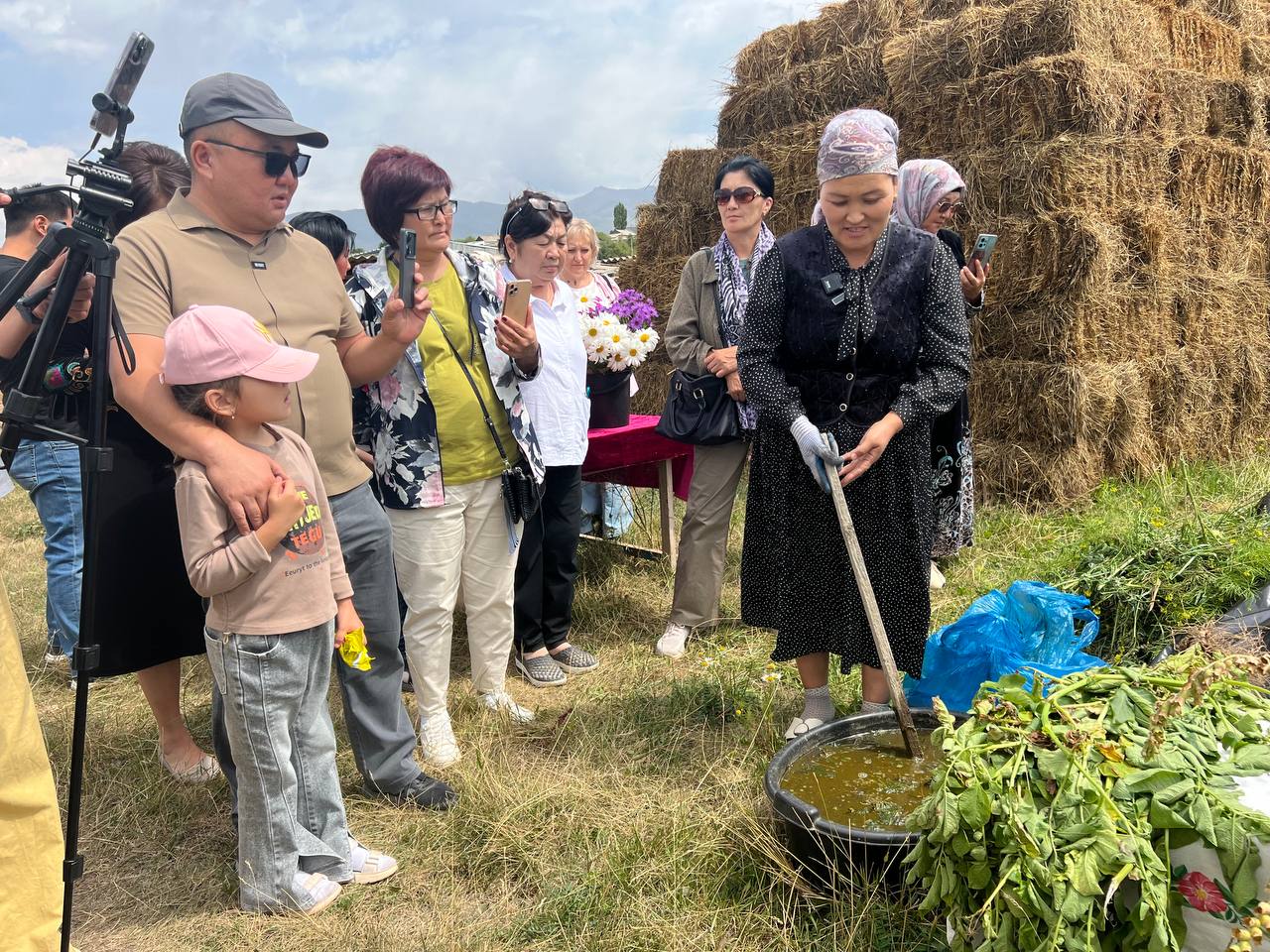
Zhuzur Ozubekov is sure that tourists will be interested in paper made of natural ingredients.
At the same time, tourists can be attracted by the beauty of the surrounding nature – the peaks Bakai-Tash (a candlelit place mentioned in the epic “Manas”), Sandyk, Shumkar-Uya, Nuraaly, Boz-Aigyr pasture, Chon-Koshoi forest and others.
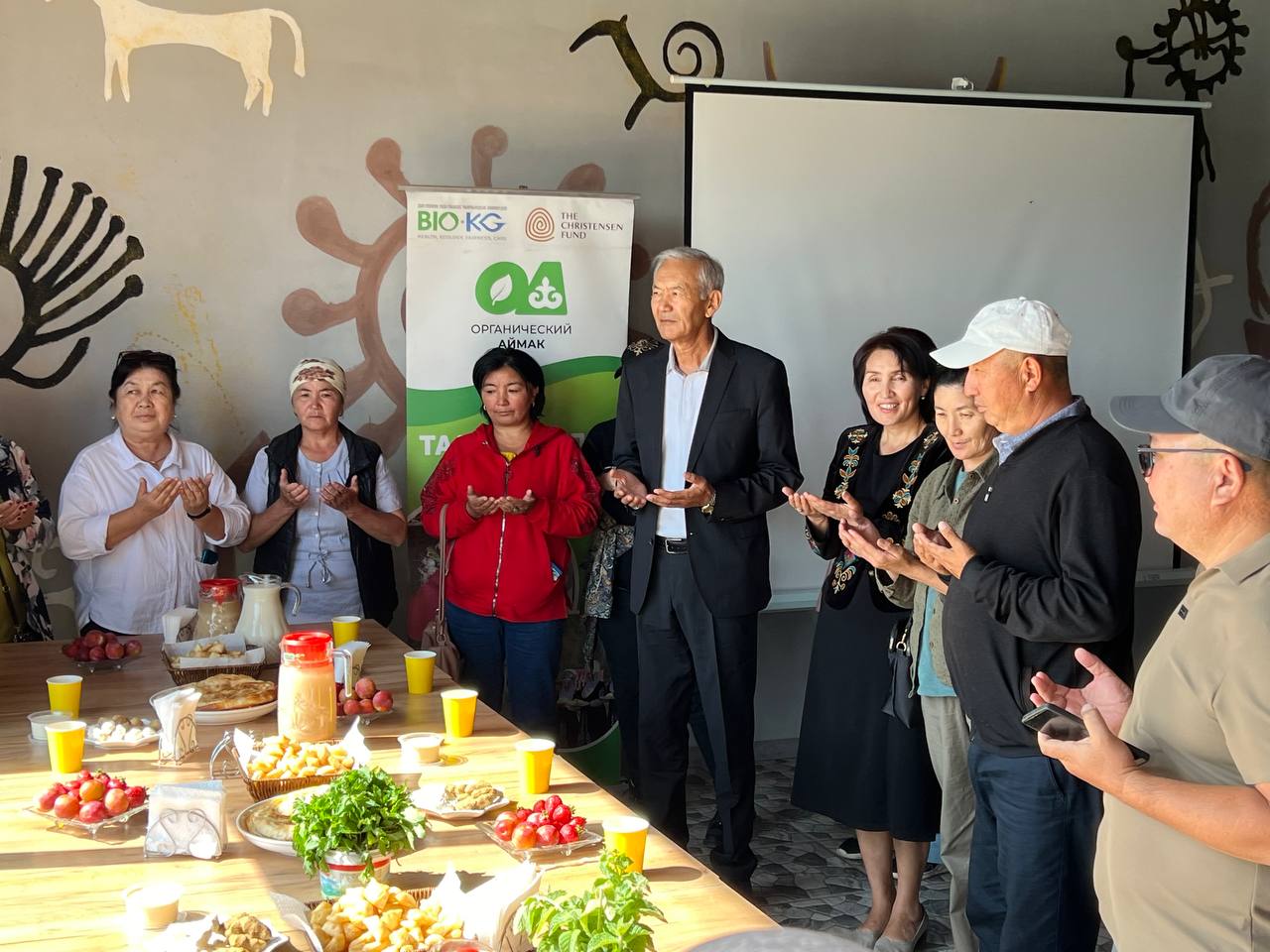
In addition, every year in Kopuro-Bazar aiyl aimag the traditional fertility festival Shirgeli Zhiya is held, where local residents sell their products of animal husbandry (especially dairy products) and farming, produced by organic and traditional technologies.
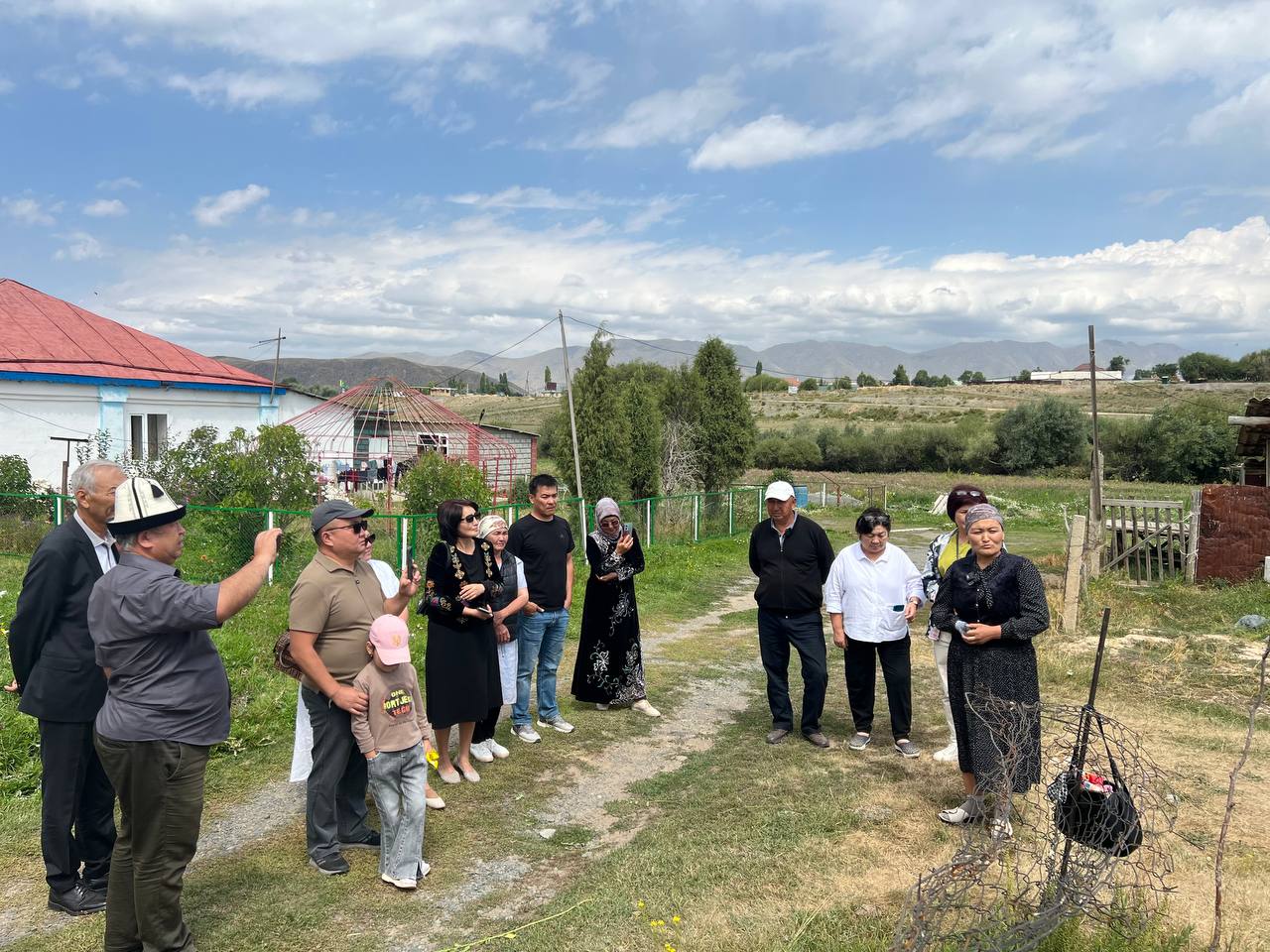
Thus, organic products and natural beauty can contribute to a significant increase in the well-being of the residents of Talas district.
Source: “Organic aimag” – eco-model of regional development (kabar.kg)